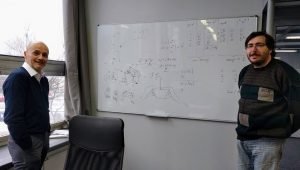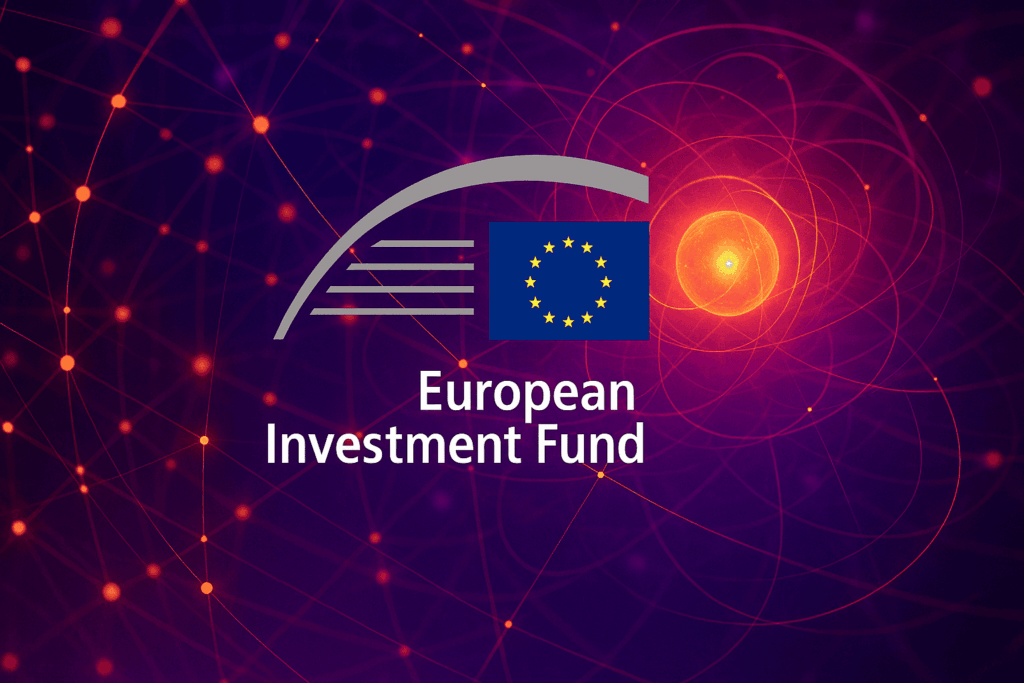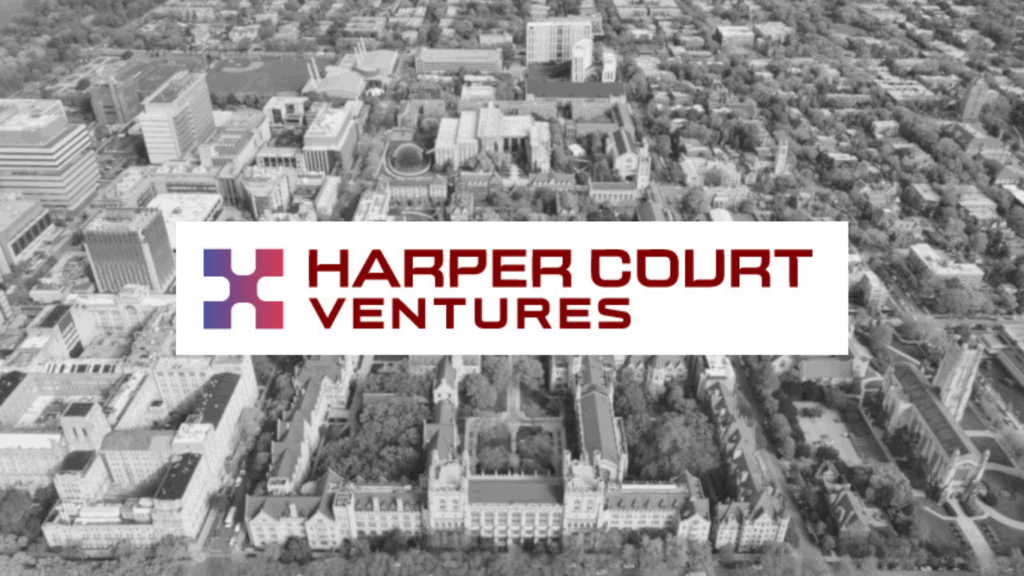Fall of The Wall
For a long time, central and eastern Europe was scarred by the terror of war, famine and genocide. Later, the political system of the region changed and many countries were stuck in a socialist limbo. Poland — where I lived for more than fifteen years — was no exception.
But then the Berlin Wall fell and people’s attitudes changed. Things moved on from how they had been for the better.
Today, Poland is seen as one of the economic powerhouses of central Europe. In tech, too, the country boasts some of the best computer programmers in the world, as well as vibrant service and financial sectors.

Yet it is not only there where victories are being got: In quantum computing (QC) as well, Poland has recently joined the party with the Krakow-based startup, Beit.Tech.

Beit.Tech
Founded by the co-founding troika of CEO Paulina Mazurek, Chief Physics Officer Wojciech Burkot and Chief Mathematics Officer Witold Jarnicki in 2016, the company’s goal is to design and manipulate NISQ quantum computers using algorithms that can find answers to difficult problems (the NP-complete class of problems). These problems, encountered every day in real-world situations in sectors such as manufacturing and logistics, are where Beit.Tech’s software can be really useful and a benefit to multiple businesses.
This hardware-agnostic approach is the first of its kind by a startup in the country.
Beit.Tech’s software Quasar — which is available on GitHub — is, according to the description on the platform:
a utility tool to simplify writing quantum assembly code. It helps translate high level if statements into a sequence of controlled quantum commands. It can be easily integrated with IBM Qiskit, Google Cirq or OpenQASM.
The software, a domain-specific language inside the Python programming language, unravels the problems faced when writing quantum assembly code. It does this by converting the conditional statement ‘if’ into controlled quantum commands in sequence.
Impressive Team
The team itself has a wealth of experience in both the world of business and science.
Mazurek, a former head at allegro.tech, heads the charge in branding, working with the startup ecosystem in the country and assisting developers with their work.
Burkot, on the other hand, has been CTO at Grupa Allegro, where he was in charge of Big Data and Mobile. He also has experience working as Site Lead and Engineering Director at Google R&D department. Academically, Burkot was a researcher at the Institute of Nuclear Physics and Assistant Professor of Computer Science at AGH.
The third member of the central team is Witold Jarnicki, who formerly worked as a software engineer at information technology & Services company Corvil. Before that, he was at Google R&D in the same role. He, too, has impeccable academic credentials, holding a Ph.D. in mathematics from Jagiellonian University, Krakow.

Two geniuses at work: Wojciech Burkot (left) and Witold Jarnicki (right). Source: Facebook
Funding
Without money, quantum technology is going nowhere. That is why it’s good to know the startup has recently raised $1.4 million in an initial Seed Round. The money, backed from a consortium headed by Kindred Capital amongst others, hopes it will be money well spent. This investment adds to the $2,600,000 the startup received in EU grants.
‘This is the first equity financing round for BEIT Inc. The process of collecting the investment round was not easy, but I believe that we now have an outstanding international team of experienced business leaders willing to support BEIT Inc. with a lot more than just money. The new chapter for BEIT Inc. has just begun!’
— Paulina Mazurek, CEO BEIT Inc.
As the QC sector grows in the country, there is no doubt — backed by the country’s top-rated quantum physicists and natural entrepreneurial spirit — more startups in the vein of Beit.Tech will spring to life, establishing a quantum spring within the space.

















